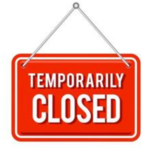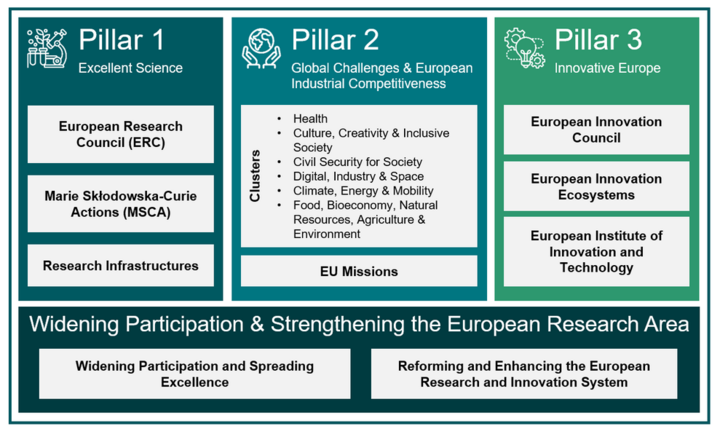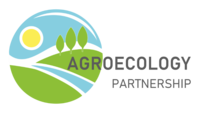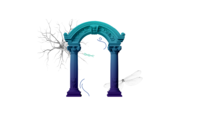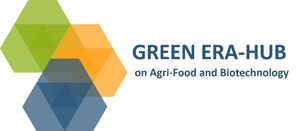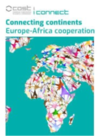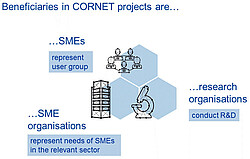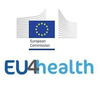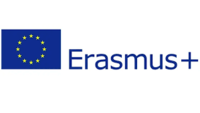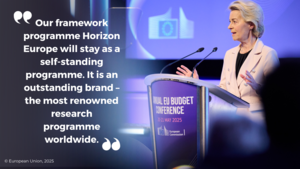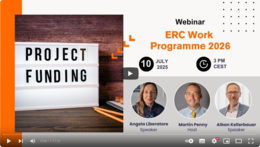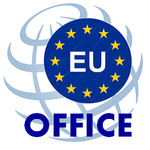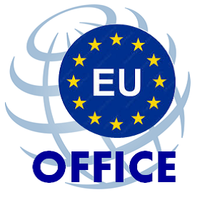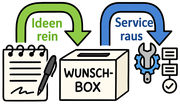Pillar 1 : According to the draft, Horizon Europe’s Pillar 1 will continue to fund basic science under two funding schemes: the European Research Council (ERC) and the Marie Skłodowska-Curie Actions (MSCA) with a stronger focus on attracting and keeping talent in Europe. Research infrastructures will no longer be funded under Pillar 1, instead moving to the newly created Pillar 4.
Pillar 2 : A first, “competitiveness” component shall fund research and innovation to support the ECF’s four proposed policy areas: clean transition and industrial decarbonisation; health, bioeconomy and biotechnology; digital; and resilience, defence and space. A second, “society” component would support “bottom-up research” on societal challenges such as migration, democracy and disinformation. This component would also incorporate research and innovation support for the EU missions, the New European Bauhaus Facility, and a “limited number” of partnerships will be “radically simplified.”
Pillar 3 : will continue to support innovation, mainly funnelled through the European Innovation Council (EIC)and familiar funding schemes: Pathfinder, Transition, Accelerator and scale-up funding. It will also fund incentives for innovation procurers and business acceleration services.
Pillar 4 : will support the development of a unified European Research Area (ERA) through three funding schemes: ERA policy, research and technology infrastructures, and Widening participation and spreading excellence. Separately, another novelty, Horizon will fund both research and technology infrastructures. EU will also contribute up to 20% towards the building costs of critical world-class facilities.

